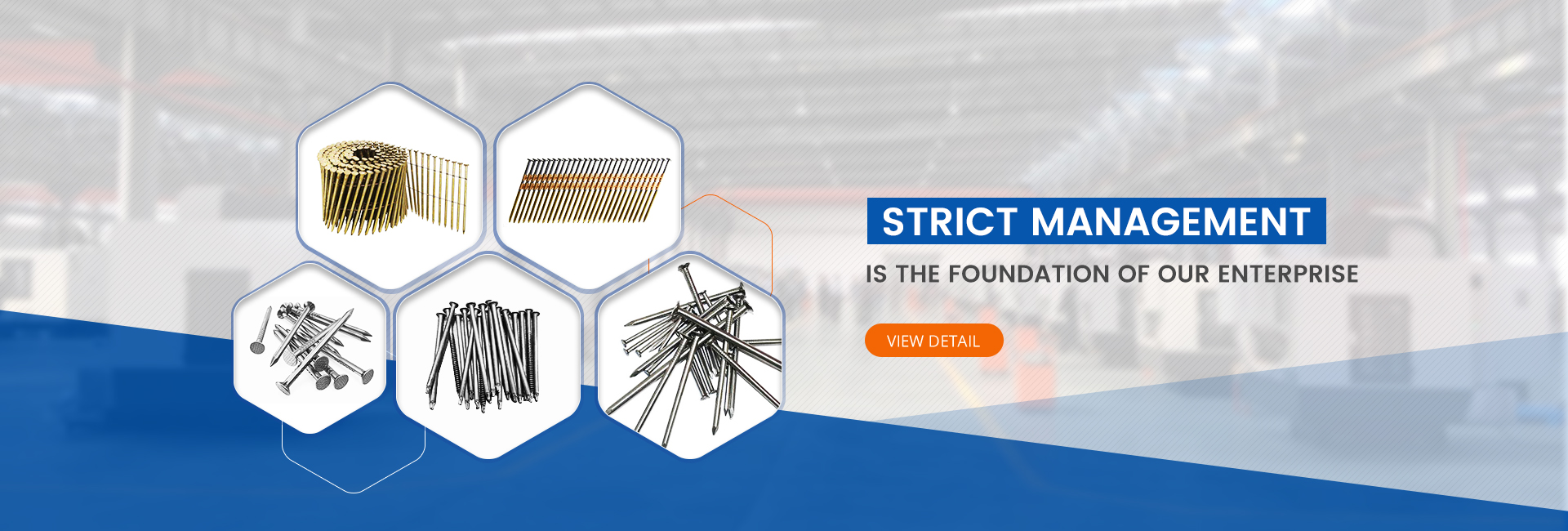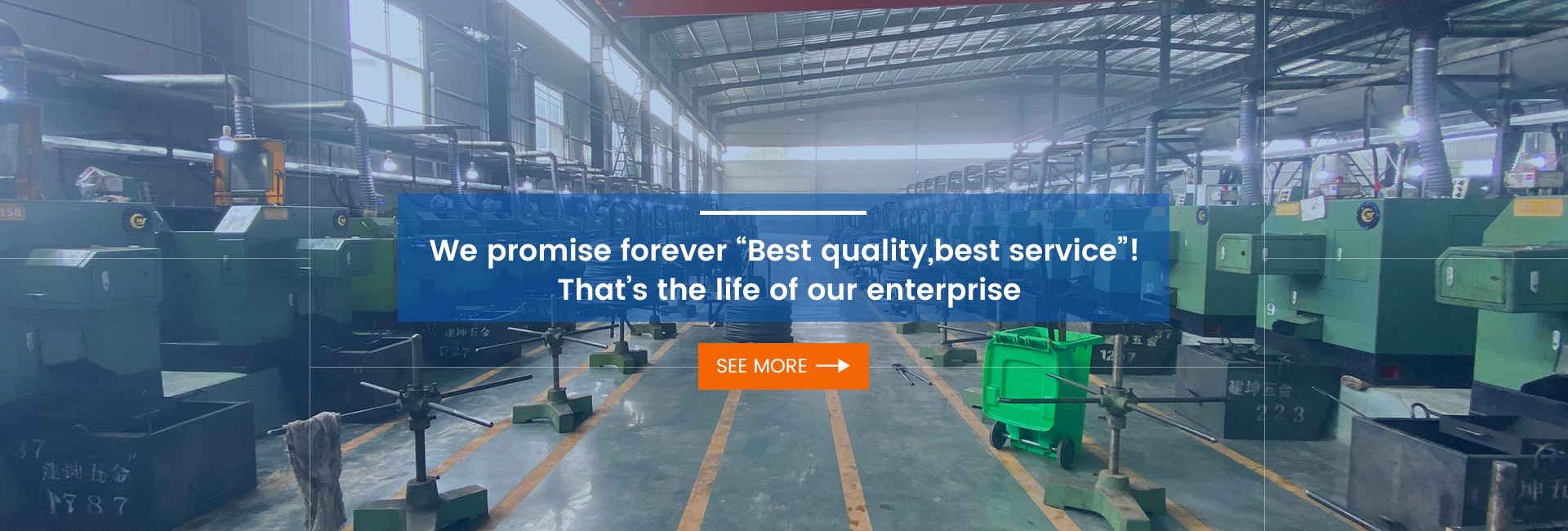Coil nails, a staple in construction and manufacturing, are essential for fastening wood, metal, and other materials. Their versatility and efficiency make them a popular choice among professionals. Understanding the coil nail making process can provide valuable insights into their production and enhance your appreciation for these versatile fasteners.
Delving into the Coil Nail Making Process
The coil nail making process involves a series of steps that transform wire into the familiar coil nails we rely on. Let’s break down the process into its key stages:
Wire Preparation: The journey begins with wire selection. High-quality wire is essential to ensure the strength and durability of the final product. The wire is then cleaned and straightened to remove any impurities or irregularities that could affect the subsequent steps.
nail making: The next step involves creating the distinctive head of the coil nail. wire pieces are fed into a nail making machine, where a powerful impact forms the head, providing a wider surface area for driving and secure fastening.Specialized machines, equipped with sharp blades, cut the wire to the specified dimensions, ensuring consistency and accuracy.To ensure effective penetration and grip, the coil nails require sharp points. The pointing process involves shaping the end of each nail into a tapered point, typically using a combination of rolling and hammering techniques.
Coiling: The final step brings the individual nails together into a continuous coil. This process involves winding the finished nails onto a spool, creating a compact and organized form for storage, transportation, and dispensing.
Factors Influencing Coil Nail Quality
Several factors contribute to the overall quality of coil nails:
Wire Quality: The quality of the wire used directly impacts the strength and durability of the nails. High-carbon steel wire is often preferred for its superior strength and resistance to bending or breakage.
Machine Settings: The precision and consistency of the coil nail making process depend on the proper calibration of the machines involved. Precise settings ensure accurate cutting, consistent head formation, and sharp points.
Quality Control: Rigorous quality control measures are crucial to maintain consistent standards and identify any defects or inconsistencies in the production process. Regular inspections and testing ensure that only high-quality coil nails reach the market.
The coil nail making process is a testament to the ingenuity and precision involved in manufacturing these essential fasteners. Understanding this process provides a deeper appreciation for the quality and versatility of coil nails. HEBEI UNION FASTENERS CO., LTD. takes pride in upholding the highest standards in coil nail production, ensuring that our customers can rely on our products for their fastening needs.
Additional Resources
Gain insights into selecting the right coil nail machine for your needs: https://www.hbunisen.com/news/best-coil-nail-making-machines-a-comprehensive-guide-to-informed-selection/
Post time: Jun-17-2024



